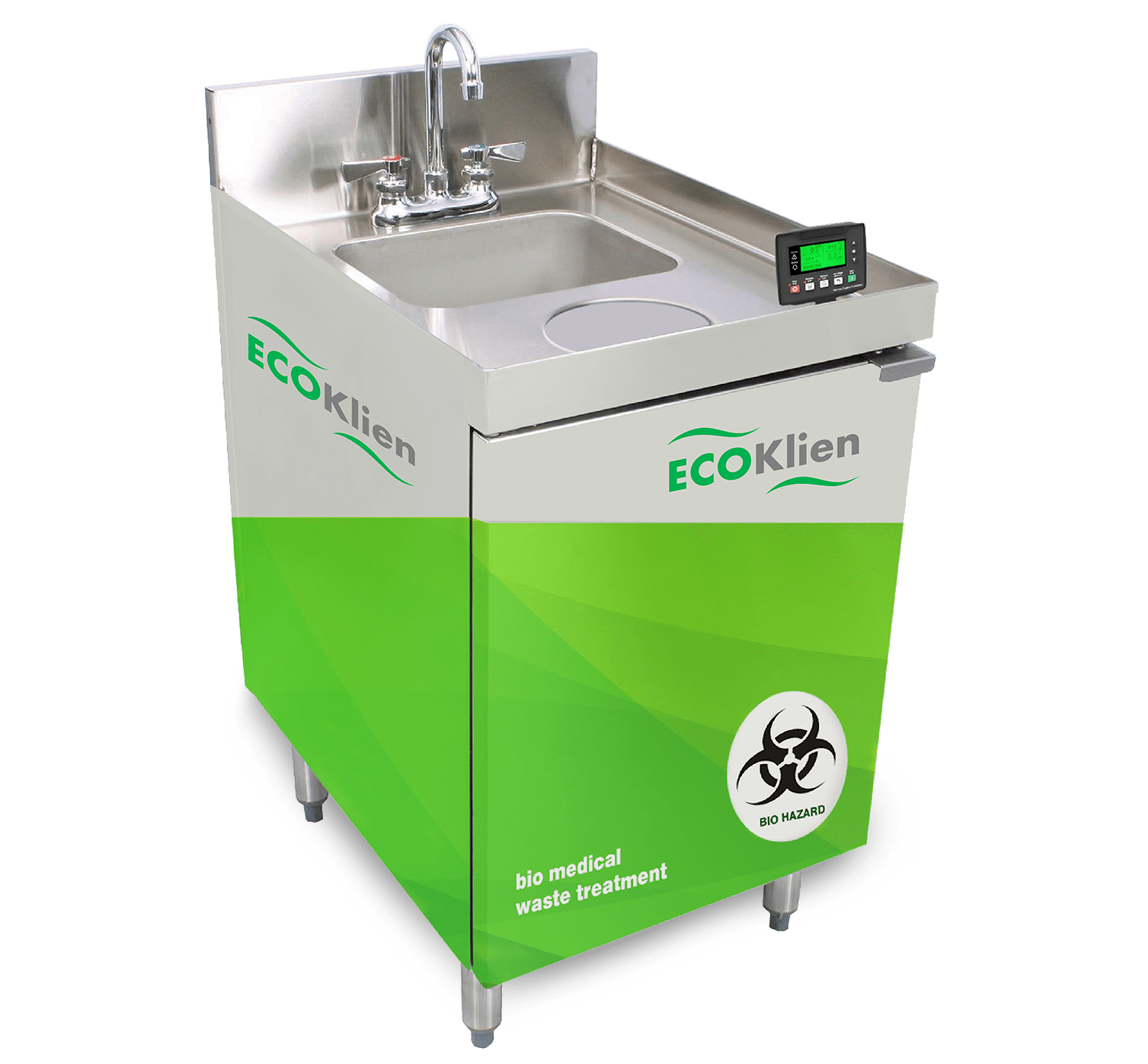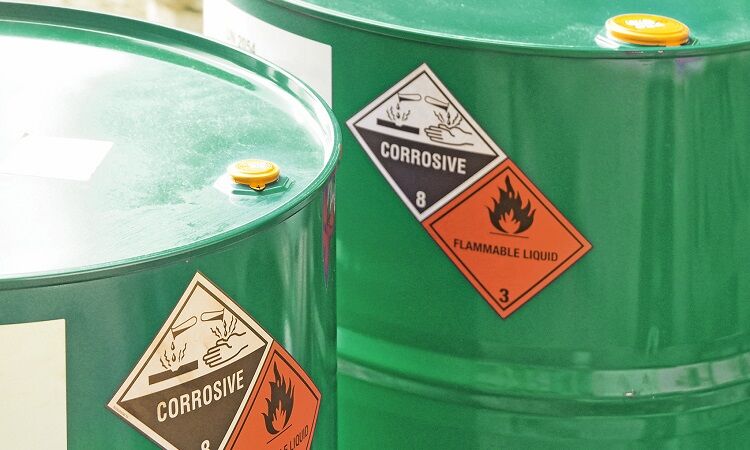Professional Liquid Waste Removal Melbourne: Maintaining Your Setting Tidy
Professional Liquid Waste Removal Melbourne: Maintaining Your Setting Tidy
Blog Article
Understanding the Comprehensive Process of Fluid Garbage Disposal: Best Practices and Environmental Influence Factors To Consider
The monitoring of fluid garbage disposal is a multifaceted issue that needs an extensive understanding of different ideal methods and their connected ecological influences. From the kinds of liquid waste created to the methods utilized for collection, treatment, and last disposal, each action plays a vital duty in guarding environments and public health and wellness. As regulative requirements develop and modern technology advancements, the discussion around these processes becomes progressively significant. What ramifications do these adjustments hold for future sustainability initiatives, and just how can stakeholders guarantee that they are sufficiently resolved?
Sorts Of Liquid Waste
Comprehending the various types of fluid waste is vital for effective management and disposal practices. Liquid waste can be broadly categorized into numerous kinds, each needing one-of-a-kind handling and therapy techniques.
Industrial liquid waste frequently includes harmful materials, including heavy metals, solvents, and chemicals, produced during making processes. These wastes demand stringent governing conformity to secure human health and wellness and the atmosphere. Domestic liquid waste largely describes wastewater produced from homes, consisting of sewage and greywater, which, although less poisonous, can still pose considerable risks if poorly managed.
Agricultural liquid waste, consisting of runoff from ranches, usually consists of plant foods and pesticides that can result in ecological destruction if not dealt with sufficiently. Medical liquid waste, generated from health care centers, includes infected liquids such as physical fluids and chemicals, requiring specialized disposal methods to stop infection and environmental contamination.
Last but not least, oil and oil waste, commonly generated by restaurants and automotive sectors, can trigger serious obstructions in sewage system systems if not taken care of correctly. Understanding these groups facilitates targeted techniques for therapy, conformity with policies, and efficient disposal methods, inevitably promoting ecological sustainability and public health and wellness safety.

Collection Methods
Effective collection techniques are vital for the appropriate management of fluid waste, making certain that it is gathered safely and effectively before therapy or disposal. Numerous techniques are utilized depending on the sort of fluid waste created, the quantity, and the specific features of the waste.
One common approach is using devoted collection containers or sumps, which are created to capture liquid waste at the resource. These systems frequently incorporate pumps that assist in the transfer of waste to larger storage space containers or treatment centers. Furthermore, mobile collection units outfitted with vacuum modern technology are utilized in circumstances where waste is generated intermittently or in hard-to-reach areas.
For industrial settings, closed-loop systems can effectively minimize leaks and spills, enabling the recovery and reuse of liquid waste. It is also vital to train personnel on correct collection procedures to mitigate dangers connected with dangerous compounds.
Furthermore, applying normal upkeep schedules for collection tools guarantees ideal performance and safety. The assimilation of advanced surveillance systems can boost collection efficiency by supplying real-time data on waste degrees and possible hazards. On the whole, effective collection techniques are fundamental to lasting fluid waste monitoring methods.
Treatment Procedures
Therapy processes play a crucial duty in the administration of liquid waste, changing potentially unsafe materials right into risk-free effluents or multiple-use sources - liquid waste disposal. These procedures can be broadly categorized into physical, chemical, and biological techniques, each tailored to attend to certain impurities present in the waste stream
Physical therapy approaches, such as sedimentation and filtering, job by removing suspended solids and particulate issue. These techniques are commonly the very first step in the treatment chain, successfully decreasing the lots on subsequent processes. Chemical therapies involve using reagents to reduce the effects of damaging materials, speed up hefty steels, or oxidize natural contaminants, thus improving the safety of the effluent.
Organic therapy procedures, consisting of activated sludge systems and anaerobic digestion, maximize the natural abilities of microorganisms to break down organic issue. These approaches are specifically effective for wastewater consisting of eco-friendly toxins. Advanced treatment modern technologies, such as membrane purification and progressed oxidation procedures, are increasingly used to attain higher degrees of filtration.
Incorporating a combination of these treatment approaches not only ensures conformity with governing requirements but likewise advertises ecological sustainability by recouping valuable sources from fluid waste.
Disposal Options
Just how can organizations guarantee the responsible and safe disposal of liquid waste? Efficient disposal choices are critical for guarding public health and wellness and the environment. The primary techniques consist of land therapy, disposal, and incineration followed by discharge into metropolitan wastewater systems.
Land disposal includes the cautious containment of fluid waste in assigned land fills, ensuring that it does not seep right into surrounding dirt or water. Incineration, on the other hand, topics fluid waste to high temperature levels, transforming it into ash and gases, which need appropriate filtration to decrease exhausts. This technique is ideal for unsafe wastes that can not be treated via standard ways.
In cases where fluid waste can be treated, companies may select chemical or organic therapy processes to reduce the effects of harmful elements before discharging the treated effluent right into metropolitan systems. This route usually lines up with regulatory demands, guaranteeing that the effluent fulfills security requirements.
Inevitably, organizations need to conduct thorough evaluations of each disposal alternative to establish its practicality, considering aspects such as waste structure, regulative compliance, and prospective dangers to wellness and the setting. By picking appropriate disposal techniques, companies can add to an accountable waste administration approach.
Ecological Influence
The environmental impact of liquid waste disposal is a vital factor to consider for organizations looking for to reduce their eco-friendly impact. Improper disposal approaches can result in significant contamination of water resources, soil destruction, and adverse impacts on regional environments. For circumstances, hazardous liquids can seep right into groundwater, posturing risks to drinking water products and aquatic life. Additionally, the discharge of neglected or inadequately dealt with waste into surface area waters can lead to eutrophication, resulting in oxygen exhaustion and the succeeding Read Full Report death of fish and other organisms.

To mitigate these impacts, organizations have to take on best techniques such as implementing rigorous check out this site waste therapy procedures, promoting recycling and reuse, and sticking to regulatory requirements. By taking an aggressive method to fluid waste administration, entities can substantially reduce their ecological impact while supporting lasting development goals. Eventually, a detailed understanding of the ecological influences related to liquid waste disposal is crucial for notified decision-making and responsible stewardship of natural resources.
Verdict
Efficient administration of fluid waste is critical for protecting environmental honesty and public health and wellness. By embracing ideal techniques in treatment, disposal, and collection, along with adherence to regulatory requirements, the capacity for hazardous contamination of environments can be substantially decreased. Continuous developments in modern technology and processes add to sustainable waste monitoring efforts. Ultimately, a comprehensive understanding of liquid garbage disposal not just mitigates ecological impacts but additionally cultivates a dedication to accountable source management and ecological stewardship.
The monitoring of fluid waste disposal is a complex problem that needs an extensive understanding of numerous finest techniques and their associated ecological impacts. From the types of fluid waste produced to the methods utilized for collection, treatment, and last disposal, each action plays a critical duty in securing ecosystems and public health.The environmental impact of fluid waste disposal is a crucial consideration for organizations looking for to reduce their eco-friendly footprint. Inevitably, a comprehensive understanding of the ecological impacts linked with visit this site fluid waste disposal is necessary for informed decision-making and liable stewardship of all-natural sources.
Ultimately, a comprehensive understanding of fluid waste disposal not only mitigates ecological impacts yet additionally cultivates a commitment to liable resource administration and ecological stewardship.
Report this page